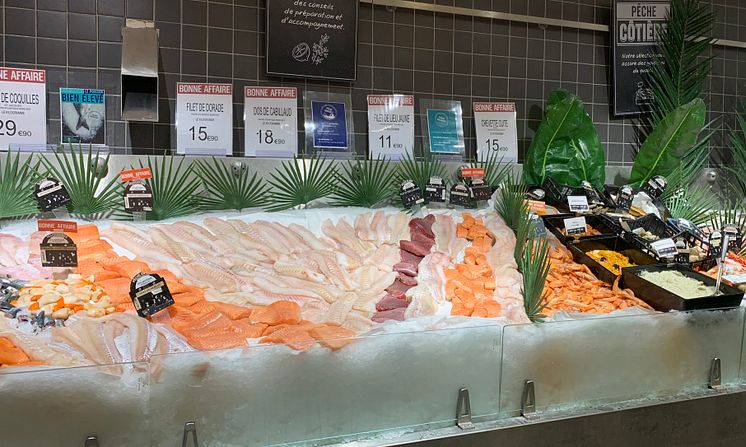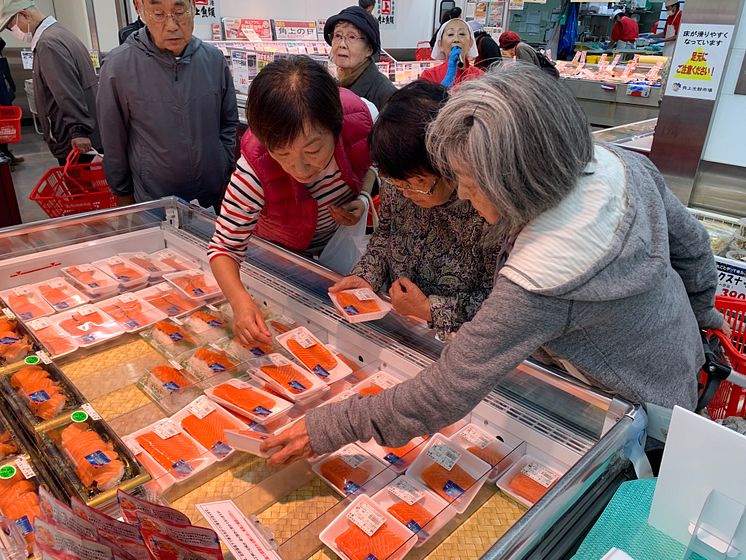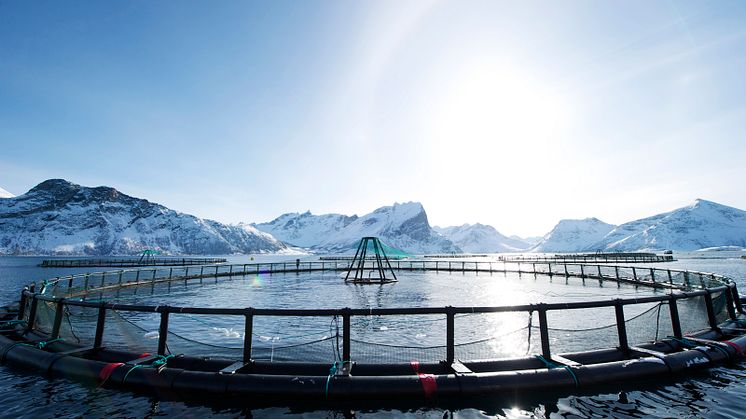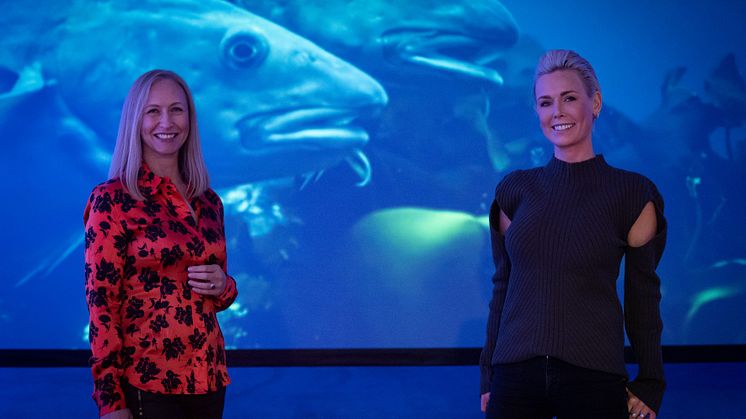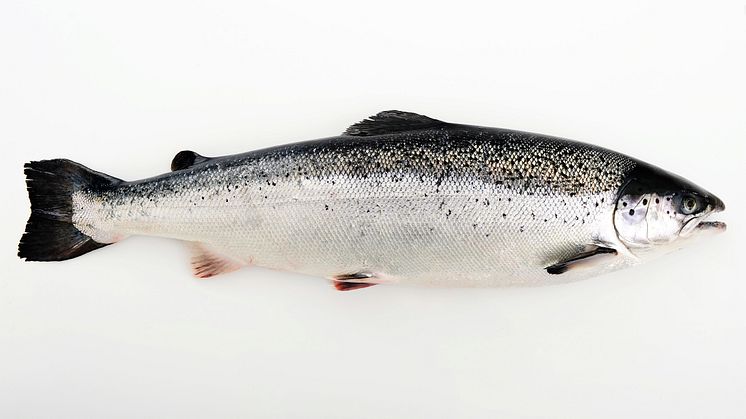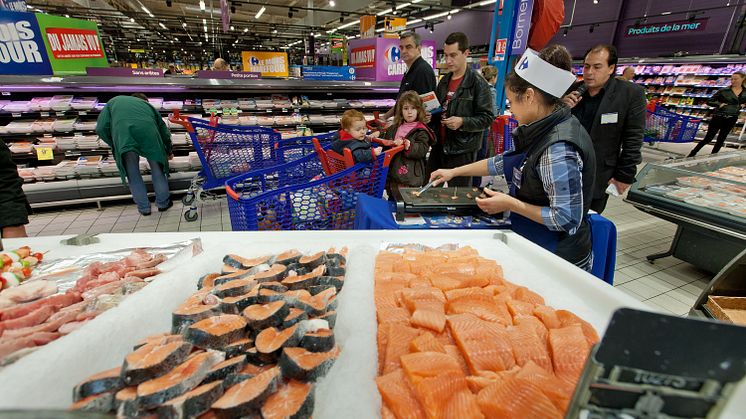
Press release -
Seafood consumption driving shift towards more sustainable diets
Two thirds of people have already made changes to their diets to be more sustainable according to a new study, and the trend is even more pronounced among frequent seafood eaters.
This is according to a recent study of more than 25 000 consumers across 20 markets performed by Kantar on behalf of the Norwegian Seafood Council. The study is the largest seafood consumer study of its kind and offers invaluable insight into seafood consumer behaviours and preferences over time.
Three quarters of those who report eating seafood once a week or more say they have already made changes to their or their family’s diet to be more sustainable, compared to just over half (56%) of those who eat seafood less frequently.
"This clear link between seafood consumption and sustainability doesn’t surprise us. People increasingly want to know where the food on their plates come from, and eating more responsibly sourced seafood is a good way to make your diet more sustainable", says Tom Jørgen Gangsø, Director of market insight at the Norwegian Seafood Council.
He points out however, that the study is based on self-reported consumption and attitudes and there may be a difference between what people believe and what they actually do.
"Nonetheless it is a clean indication that people increasingly want to make more informed choices about the food they eat", says Gangsø.
The same study also found that three in four respondents want to eat more seafood in the future.
Young people drive change in western countries
Whilst the correlation between seafood consumption and having made changes to the diet exists in all markets surveyed, there are some major differences seen between the markets.
"Interestingly we see that in western countries such as UK, US and Spain the trend is very much driven by the younger age groups having made changes to their diets, whilst in Asian markets the pattern is similar across all ages – and much stronger", says Gangsø.
In China and Thailand more than 8 out of 10 respondents reported having made changes to their dies to be more sustainable. This compares to around 60 percent in most European markets.
"This insight highlights the importance of communicating to consumers that choosing sustainable seafood can play a part in the solution to climate change. Responsibly sourced seafood is a delicious, healthy and sustainable option, and thus fits perfectly with the consumption trends of today," says Gangsø.

Respondents asked to rate how strongly they agree with the statement “I have made changes to my/my family’s diet to be more sustainable”, and the correlation with seafood consumption.
About the study:
The Seafood Consumer Insight is an annual online survey performed by Kantar on behalf of the Norwegian Seafood Council. The number of markets and respondents vary somewhat each year but amounts to between 20-25 000 respondents across 20-25 markets. Number of respondents in each market is typically between 1000 and 2500 and is a representative cross-section of the population of people who eat seafood.
Topics
Categories
The Norwegian Seafood Council works with the Norwegian fisheries and aquaculture industries to develop markets for Norwegian seafood through local market intelligence, market development and reputational risk management. The Seafood Council is headquartered in Tromsø and maintains local representatives in twelve of Norway's most important international markets. The Norwegian seafood industry finances the activities of the Norwegian Seafood Council via a tariff on all Norwegian seafood exports.
The Norwegian Seafood Council is a public company owned by the Ministry of Trade, Industry and Fisheries.


